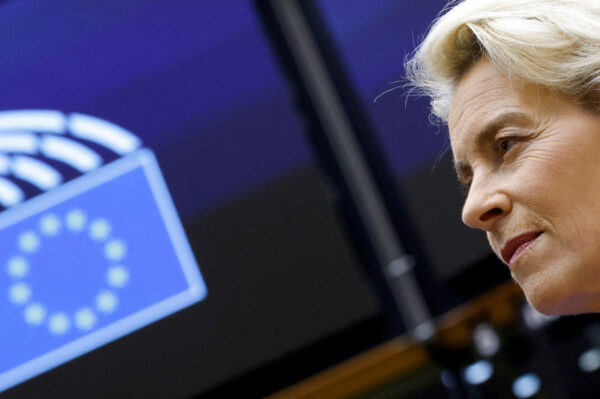
G7 coalition agrees $60 per barrel price cap for Russian oil
The Group of Seven( G7) nations and Australia on Friday said they had agreed a$ 60 per barrel price cap on Russian seaborne crude oil painting after European Union members crushed resistance from Poland and pounded out a political agreement before in the day.
The EU agreed the price after holdout Poland gave its support, paving the way for formal blessing over the weekend.The G7 and Australia said in a statement the price cap would take effect onDec. 5 or veritably soon later.The nations said they anticipated that any modification of the price would include a form of grandfathering to allow biddable deals concluded before the change.
The Price Cap Coalition may also consider farther action to insure the effectiveness of the price cap,” the statement read. No details were incontinently available on what farther conduct could be taken.The price cap, a G7 idea, aims to reduce Russia’s income from dealing oil painting, while precluding a shaft in global oil painting prices after an EU proscription on Russian crude takes effect onDec. 5.
Warsaw had defied the proposed position as it examined an adaptation medium to keep the cap below the request price. It had pushed in EU accommodations for the cap to be as low as possible to squeeze earnings to Russia and limit Moscow’s capability to finance its war in Ukraine.
Polish Ambassador to the EU Andrzej Sados on Friday told journalists Poland had backed the EU deal, which included a medium to keep the oil painting price cap at least 5 below the request rate.U.S. officers said the deal was unknown and demonstrated the resoluteness of the coalition opposing Russia’s war.
A prophet for the Czech Republic, which holds the rotating EU administration and oversees EU countries’ accommodations, said it had launched the written procedure for all 27 EU countries to formally greenlight the deal, following Poland’s blessing.Details of the deal are due to be published in the EU legal journal on Sunday.
European Commission President Ursula von der Leyen said the price cap would significantly reduce Russia’s earnings.It’ll help us stabilise global energy prices, serving arising husbandry around the world,” von der Leyen said on Twitter, adding that the cap would be” malleable over time” to reply to request developments.The G7 price cap will allownon-EU countries to continue importing seaborne Russian crude oil painting, but it’ll enjoin shipping, insurance andre-insurance companies from handling loadings of Russian crude around the globe, unless it’s vended for lower than the price cap.
The president of the Russian lower house’s foreign affairs commission told Tass news agency on Friday the European Union was jeopardising its own energy security.The original G7 offer last week was for a price cap of$ 65-$ 70 per barrel with no adaptation medium. Since Russian Urals crude formerly traded lower, Poland, Lithuania and Estonia pushed for a lower price.Russian Urals crude traded at around$ 67 a barrel on Friday.
EU countries have spatted for days over the details, with those countries adding conditions to the deal- including that the price cap will be reviewed inmid-January and every two months after that, according to diplomats and an EU document seen by Reuters on Thursday.The document also said a 45- day transitional period would apply to vessels carrying Russian crude that was loaded beforeDec. 5 and disburdened at its final destination byJan. 19, 2023.

